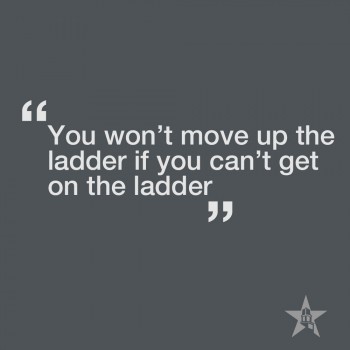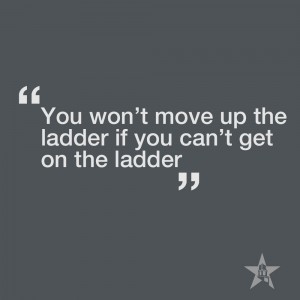Due to New York’s graduated minimum wage increase, student jobs funded by the Federal work-study program are limited to a maximum of eight hours per week on average. The state minimum wage will increase to $9.40 per hour on December 31, 2016, a forty cent increase since the most recent wage hike in December 2015.
 The Federal work-study program funds eligible students a yearly limit on earned wages. Students may earn less than their limit, but not more. “Due to an increase in per hour pay, a student will have to work less hours to earn the same amount,” stated Interim Vice President of Enrollment Management, Marianne Loper. Even though the wage increase will not go into effect until the last day of the calendar year, work study wage limits cover both the fall and spring semesters. Thus, if hours were not cut in the fall semester, they would face a more dramatic cut in the spring semester.
The Federal work-study program funds eligible students a yearly limit on earned wages. Students may earn less than their limit, but not more. “Due to an increase in per hour pay, a student will have to work less hours to earn the same amount,” stated Interim Vice President of Enrollment Management, Marianne Loper. Even though the wage increase will not go into effect until the last day of the calendar year, work study wage limits cover both the fall and spring semesters. Thus, if hours were not cut in the fall semester, they would face a more dramatic cut in the spring semester.
The eight hour limit is not to be regarded as a strict limit on hours worked each week- rather, the limit is an eight hour per week average. Loper said, “if some weeks [a student] needs to work 16 hours and then later [that student] works no hours that is fine.”
While the cut in hours will not affect a student’s potential to reach her work-study quota, many students who are employed by the custodial department, the dining hall, the library, and like jobs are scheduled for less than eight hours per week. Some of these students solve this problem by covering available shifts as they come. “I’m scheduled for about six and a half hours per week between the dining hall and the library,” Sarah Vande Brake ‘19 said. “I can usually make up the remaining hours by covering shifts, but if I don’t, then I don’t.”
Another difficulty faces students who participate in the Phone-a-thon, a yearly fundraiser which garners donations and pledges from Houghton College alumni. According to Dana Kelly ‘18, she and other students who agreed to work at the Phone-a-thon for a six-week period had to choose between that and other jobs they committed to. Kelly decided to continue working her shifts at the Campus Center Welcome Desk, yet she says she would have rather done both jobs.
The new regulations have proven stressful for supervisors as well. Previously, more jobs could be assigned to fewer workers. Now, the shifts must be spread more evenly. Custodian Hillary Scharles, who manages the Campus Center and part of Gillette Hall, expressed worry that she would not be able to find enough student workers to cover all of the available jobs in her buildings.
There is a silver lining, however. Because even the most industrious of student workers can now only work an average of eight hours per week, this leaves more employment opportunities open to students. Students who would not have planned to max out their potential hours may be interested in picking up these stray shifts.


